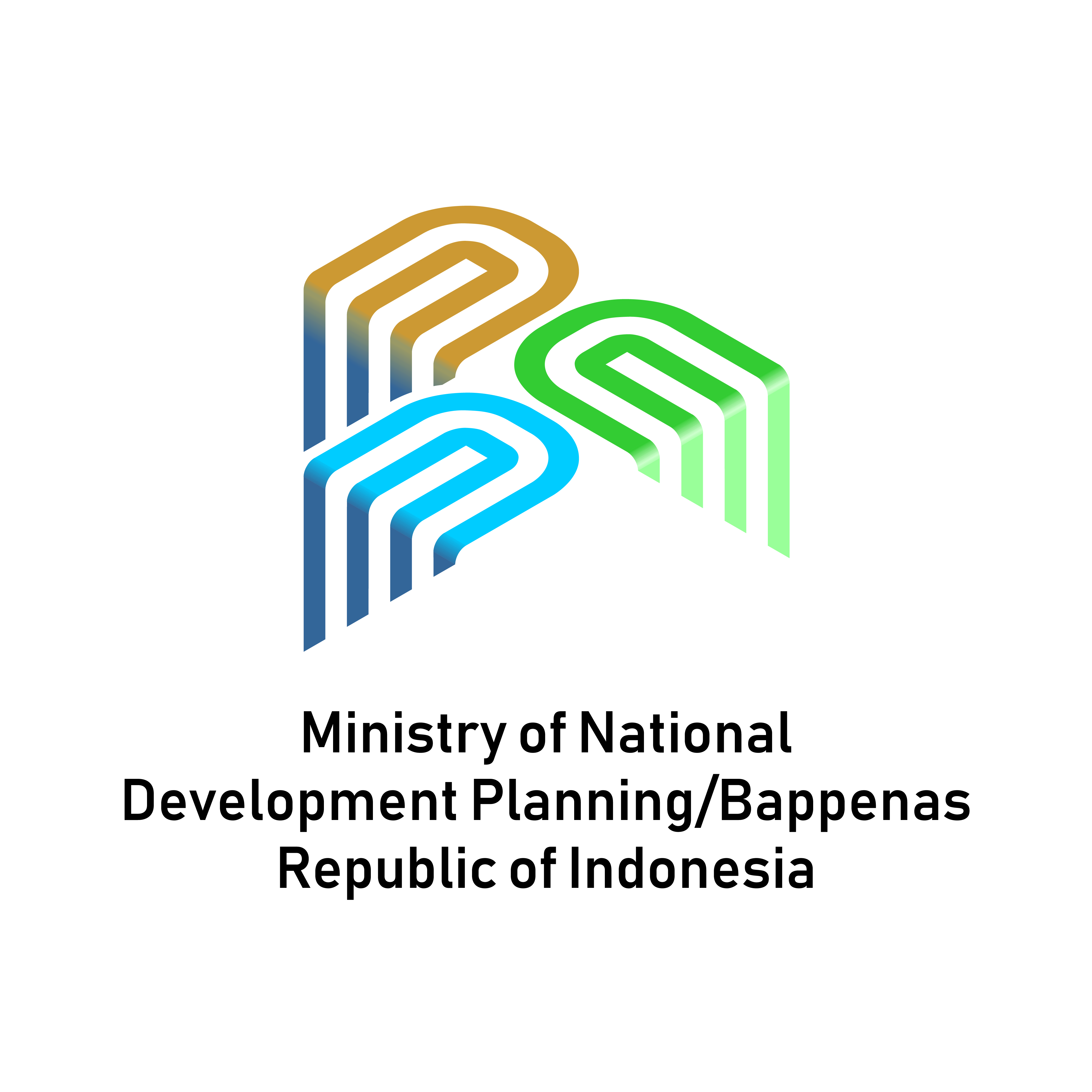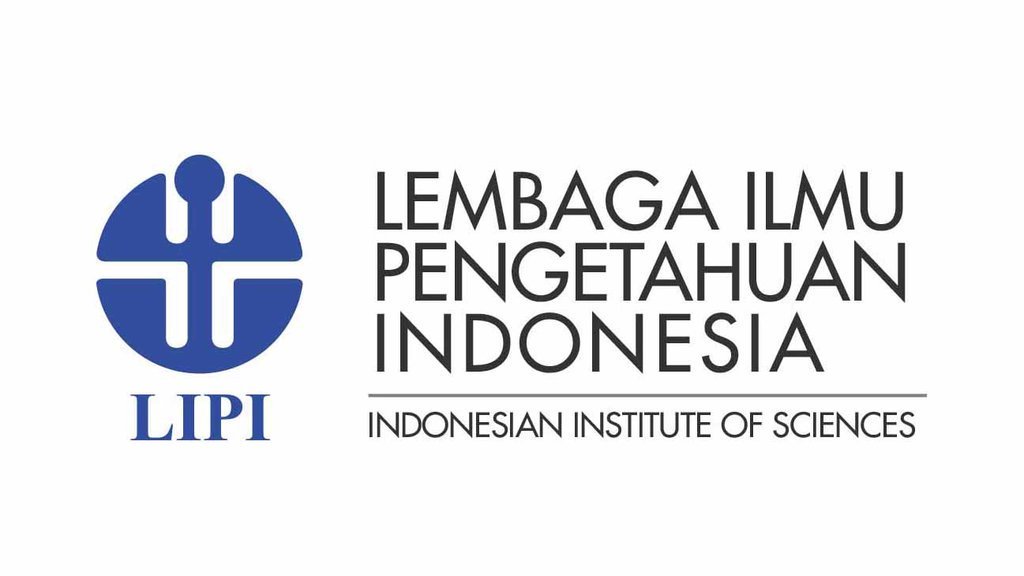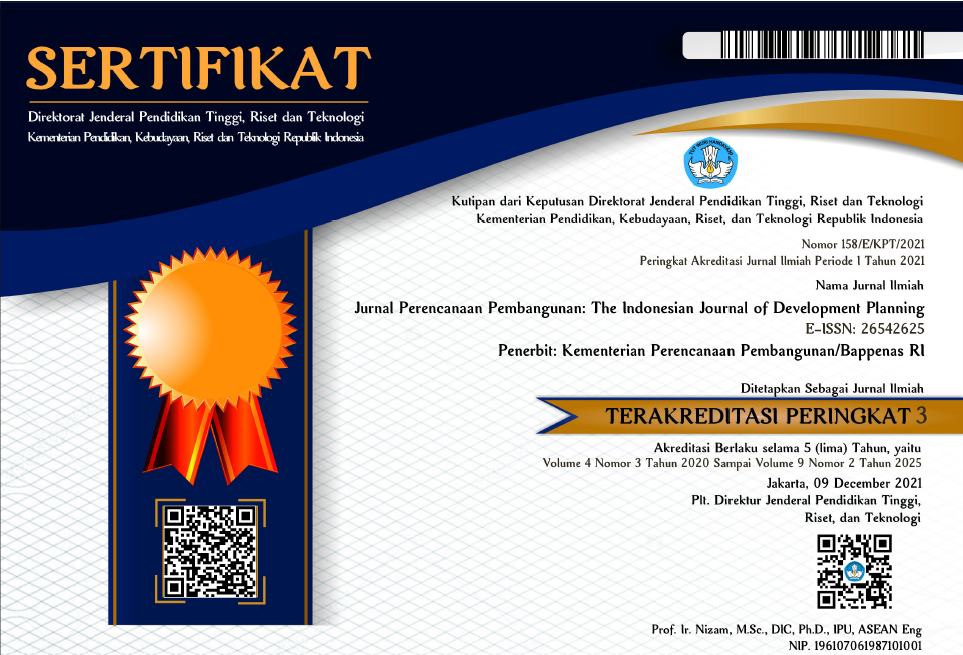Mandatory Spending of Education and Health Budget in Papua
DOI:
https://doi.org/10.36574/jpp.v6i1.268Keywords:
Mandatory Spending, Public Expenditure, Local Budget, Budget Allocation, Budget ComplianceAbstract
This study aims to reveal the phenomenon of compliance with mandatory spending on education and health in 29 regencies/cities in Papua. The data analysis method applies quantitative descriptive data by using regional financial data, namely: Regional Revenue and Expenditure Targets, Education and Health Expenditure Allocation for Fiscal Year 2021, Realization of Regional Income, and Expenditure, Education and Health Expenditure Allocation for the Fiscal Year 2017-2020. The main finding of this study is that 27 local governments have not complied with mandatory spending on education, while for health, there are six local governments in Papua. Of course, this fact indicates one of the weaknesses in achieving the competitiveness of human development in Papua. Next is the fact that study results show that the amount of regional income and expenditure is not necessarily accompanied by the level of compliance with mandatory spending. This indicates the poor quality of planning and budgeting at the local government level in Papua. The author is aware of the limitations of this study; in disclosing the facts of compliance with mandatory spending on education and health, it is hoped that further research can measure the impact of mandatory spending on regional development performance indicators through an econometric model approach.
Downloads
References
Amaliah, L.H. (2021). Anggota Komisi X FPKS Ingatkan Dua Masalah Terkait Mandatory Spending Bidang Pendidikan. Fraksi Partai Keadilan Sejahtera. https://fraksi.pks.id/2021/05/27/anggota-komisi-x-fpks-ingatkan-dua-masalah-terkait-mandatory-spending-bidang-pendidikan/.3 Maret 2022 (20.28)
Arsyad. M.A. (2021). APBD Luwu Diketok, Pendidikan dan Kesehatan Penuhi Mandatory Spending. BPKAD Kabupaten Luwu.https://makassar.sindonews.com/read/614409/713/apbd-luwu-diketok-pendidikan-dan-kesehatan-penuhi-mandatory-spending-1638263488. 7 Maret 2022 (21.34)
Badan Pusat Statistik. (2021). Berita Resmi Statistik No.87/11/TH.XXIV, Badan Pusat Statistik. Jakarta
Hardani, (2020), Metode Penelitian Kualitatif dan Kuantitatif, CV. Pustaka Ilmu Group. Jogyakarta.
Hasibuan, S.N. (2021). Polemik Pengelolaan Dana Alokasi Khusus di Provinsi Papua. Jurnal Indonesia Maju, 1(1), 12-27.
Hasibuan, S.N. (2021). Keuangan Daerah: Keluar dari Flypaper Effect. Komite Pemantauan Pelaksanaan Otonomi Daerah. https://www.kppod.org/berita/view?id=958. 2 Maret 2022 (16.04)
Kariyoto, K. (2018). Implementasi Value For Money, Input Output Outcome dan Best Value Sebagai Alat Pengukuran Kinerja Sektor Publik. Jurnal Ilmiah Bisnis Dan Ekonomi Asia, 11(1), 72-82.
Kementerian Keuangan. (2018). Belanja Daerah dan Perbaikan Pelayanan: Studi Kasus Bidang Pendidikan dan Kesehatan, Kementerian Keuangan. Jakarta.
Kurniawan, I., & Murtala. (2021). Efisiensi Belanja Pemerintah Terhadap Indeks Pembangunan Manusia Secara Regional di Indonesia. Jurnal Ekonomi Regional Unimal, 04(2), 1-8.
Mulyani, S. (2021). Highlighting Regional Expenditures, Sri Mulyani Finds Three Important Points for Regional Budget Evaluation. Kementerian Keuangan. https://voi.id/en/economy/122763/highlighting-regional-expenditures-sri-mulyani-finds-three-important-points-for-regional-budget-evaluation. 3 Maret 2022 (20.45)
Monoarfa. S. (2021). Bappenas Tengok Optimalisasi Pemanfaatan Anggaran Pendidikan 20 Persen dari APBN. PPN/BAPPENAS.https://akurat.co/bappenas-tengok-optimalisasi-pemanfaatan-anggaran-pendidikan-20-persen-dari-apbn. 7 Maret 2022 (21.03)
Oktavian, D.P., & Adi E.W. (2021). Implementasi Pendanaan Sektor Pendidikan Dalam Masa Otonomi Khusus Papua. Khatulistiwa Law Review, 2(2), 359-376.
Ojo, T.J., & Ojo,S.I, (2022). Health Expenditure, Education and Economic Growth in Nigeria. Journal of Social Science and Humanities, 3(1), 1-17.
Prioyono, (2016), Metode Penelitian Kuantitatif, Zifatama Publishing, Sidoarjo.
Peraturan Pemerintah Republik Indonesia Nomor 12 Tahun 2019. Pengelolaan Keuangan Daerah. Jakarta
Pusat Kajian Akuntabilitas Keuangan Negara. (2020). Belanja Infrastruktur Daerah Studi Kasus: Implementasi
Kebijakan Pengalokasian Dana Transfer Umum. Pusat Kajian Akuntabilitas Keuangan Negara. Jakarta
Sandjaja, F.R., Nafisa, F., & Manurung, I.N. (2020). The Impacts of Fiscal Decentralization on Public Welfare in Selected Provinces in Java Island. Jurnal Bina Praja, 12 (1), 21-31.
Swagel, P.L. (2021). Legislation Enacted in the Second Session of the 116th Congress That Affects Mandatory Spending or Revenues. CBO. https://www.cbo.gov/publication/57112. 9 Maret 2022 (21.24)
Suwandaru, A., Alghamdi, T., & Nurwanto. (2021). Empirical Analysis on Public Expenditure for Education and Economic Growth: Evidence from Indonesia. Economies, 9 (4), 1-13
Tantri. (2017). Anggaran Harus Menunjukan Hubungan Logis Antara Input, Kegiatan, Output dan Outcome. Kementerian Keuangan. https://www.djkn.kemenkeu.go.id/berita/baca/12263/Anggaran-Harus-Menunjukan-Hubungan-Logis-Antara-Input-Kegiatan-Output-dan-Outcome.html. 3 Maret 2022 (20.33)
Undang-Undang Republik Indonesia Nomor 17 Tahun 2003. Keuangan Negara. Jakarta
Undang-Undang Republik Indonesia Nomor 20 Tahun 2003. Sistem Pendidikan Nasional. Jakarta
Undang-Undang Republik Indonesia Nomor 36 Tahun 2009. Kesehatan. Jakarta
Wardani, R., Rossieta, H., & Martina, D. (2017). Good governance and the impact of government spending on performance of local government in Indonesia. International Journal of Public Sector Performance Management, 3(1), 77-102.
World bank. (2020). Kajian Belanja Publik Indonesia: Belanja untuk Hasil yang Lebih Baik, World Bank. Jakarta
Wicesa, N.A., & Setyanti, A.M. (2021). When Will Human Capital in Indonesia be Equal? A Convergence. Analysis. The Journal of Indonesia Sustainable Development Planning, 2(1), 45-57.
Zulkarnaen, I. (2017). Socio-Political and Economic Determinants of Income Inequality in Indonesia. The Indonesian Journal of Development Planning, 1(3), 224-239.
Downloads
Published
How to Cite
Issue
Section
License
This is an open-access article distributed under the terms of the Creative Commons Attribution-NonCommercial-ShareAlike 4.0 International License. Copyright © Kementerian PPN/Bappenas RI


















